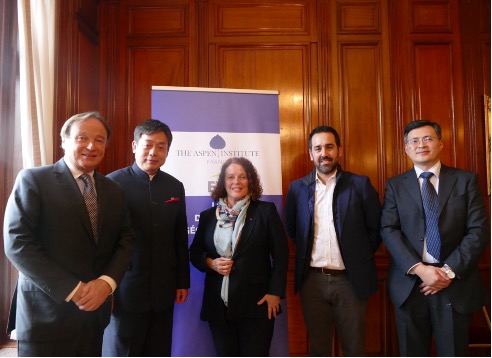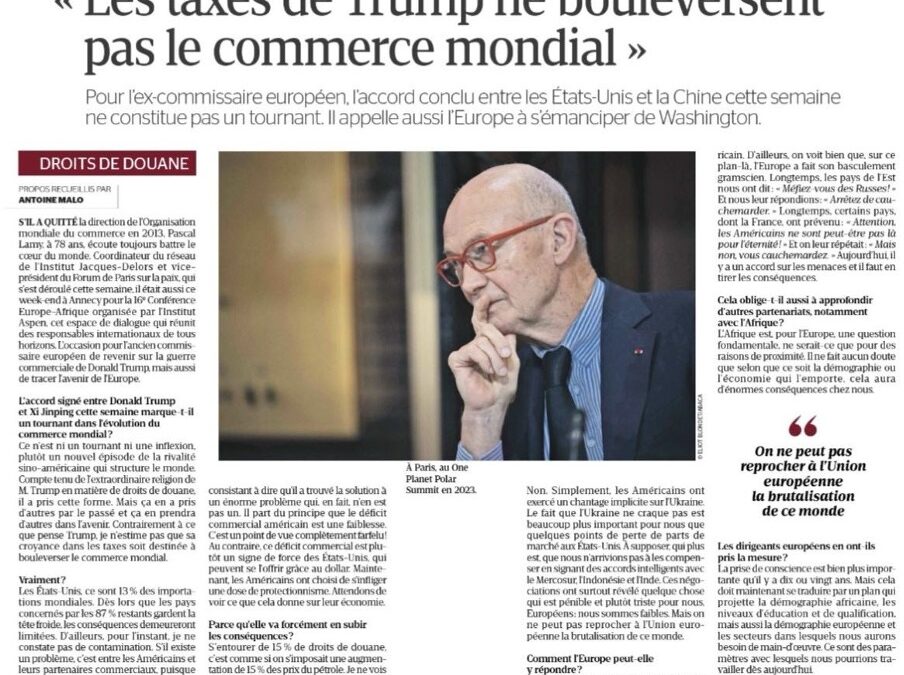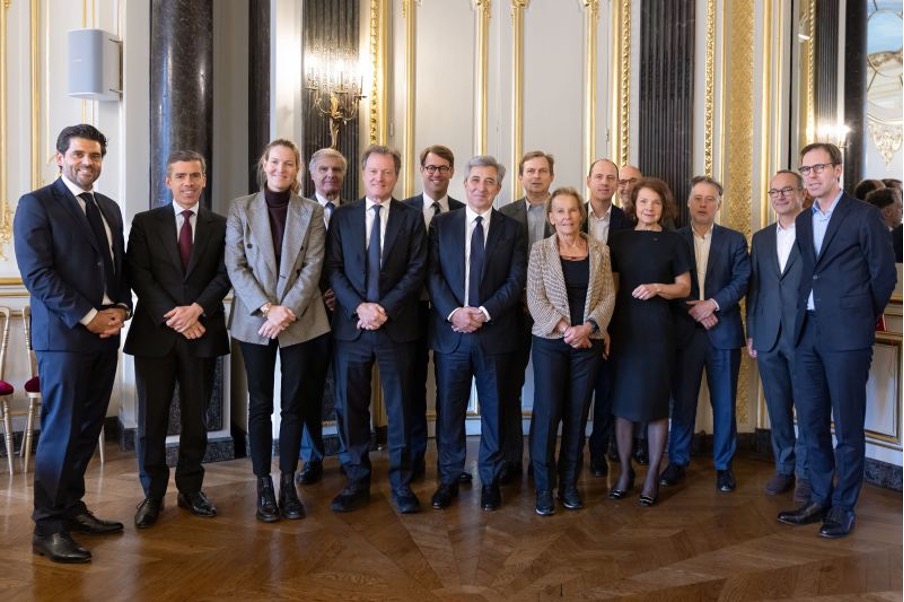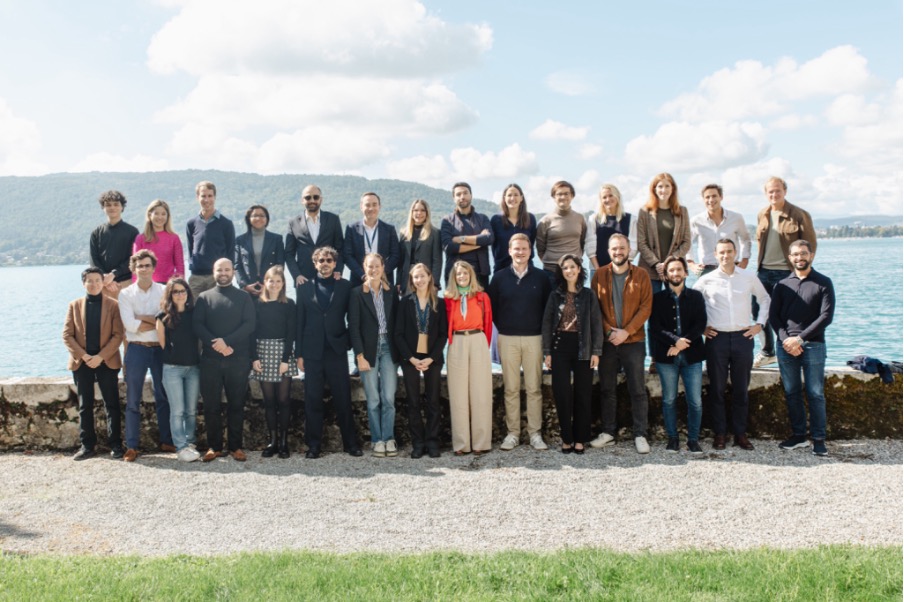China and the new US Administration : Cooperation or Confrontation ? What role for Europe?
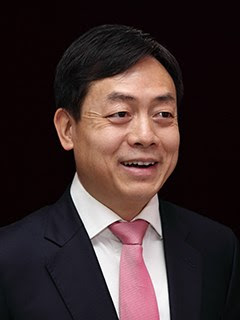
Wang YIWEI
Wang Yiwei, a renowned scholar of international relations and a leading expert on China-EU affairs, shared his insights with members and guests of the Institute. His analysis covered key geopolitical issues, including US-China-Europe relations, the future of global diplomacy, and challenges such as the Ukraine conflict and technological competition.
A prominent scholar of Xi Jinping, Wang Yiwei is the Director of the Institute of International Affairs and the center for European Studies at Renmin University of China. He also serves as an expert advisor to the China Council for the Promotion of International Trade and is a member of various Chinese forums on International economic exchanges and foreign affairs. A graduate in environmental monitoring from East China University of Science and Technology, Wang Yiwei holds a master’s degree and PhD in international politics from Fudan University. From 2008 to 2011, he served as a diplomat at the Chinese Mission to the European Union. he has also taught at prestigious institutions, including Yale University, Yonsei University, and Tongji University. An expert on the Belt and Road Initiative (BRI), Eu-China relations, and public diplomacy, Wang is the author of numerous works translated into multiple languages, including China Connects the World and The Belt é Road Initiative: What China Will Offer the World in its Rise.
Geopolitical Context and Global Relations
Wang Yiwei explored the dynamics of the US-China-Europe relationship, identifying the United States as an innovation powerhouse, China as a leader in market potential, and Europe as a region with vast influence but hindered by internal fragmentation. He emphasized Europe’s historical ties with China and its potential role as a stabilizing force in global affairs and stressed the importance of fostering dialogue to bridge ideological and economic divides between regions. Wang Yiwei observed that, from China’s perspective, Donald Trump’s re-election was unsurprising, as his campaign promises drove his victory. He suggested that China remains largely indifferent to US policies, focusing instead on reducing dependency on US markets.
Technology, Innovation, and Societal Perspectives
A central theme in Wang’s address was the impact of technological advancement on international relations. He highlighted China’s rapid progress in artificial intelligence and infrastructure, noting how French models of high-speed rail and energy networks have inspired China’s development. He also acknowledged the importance of innovation for China’s future, referencing breakthroughs like DeepSeek. Wang Yiwei also reflected on societal differences shaping international policies. He observed that the United States retains strong religious influences in politics, contrasting this with China’s more secular, diverse societal structure. Additionally, he addressed the rise of China’s middle class as a pivotal factor in domestic and global economic trends.
Conflicts, Security, and Diplomatic Sensitivities
Wang offered a measured perspective on current conflicts and security challenges, situating them within a broader historical and geopolitical framework. On Ukraine, he viewed the conflict as part of a Cold War legacy, shaped by long standing tensions and differing narratives. Regarding Taiwan, Wang Yiwei reiterated China’s position, viewing it as a regional matter rooted in domestic history and emphasizing that future developments depend largely on evolving US-China relations. Wang also touched on the topic of global governance, particularly United Nations reform. He expressed China’s openness to expanding the Security Council but suggested that new permanent representation should prioritize an African nation, arguing that historical and regional considerations outweighed India’s candidacy.
We would like to thank Issam Taleb, representative of EY, sponsor of the series of Déjeuners Géopolitiques.
